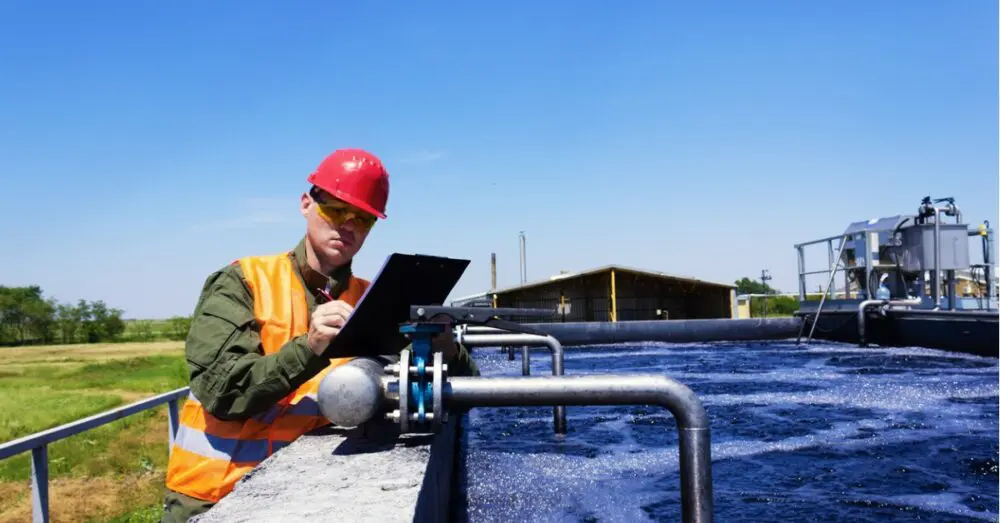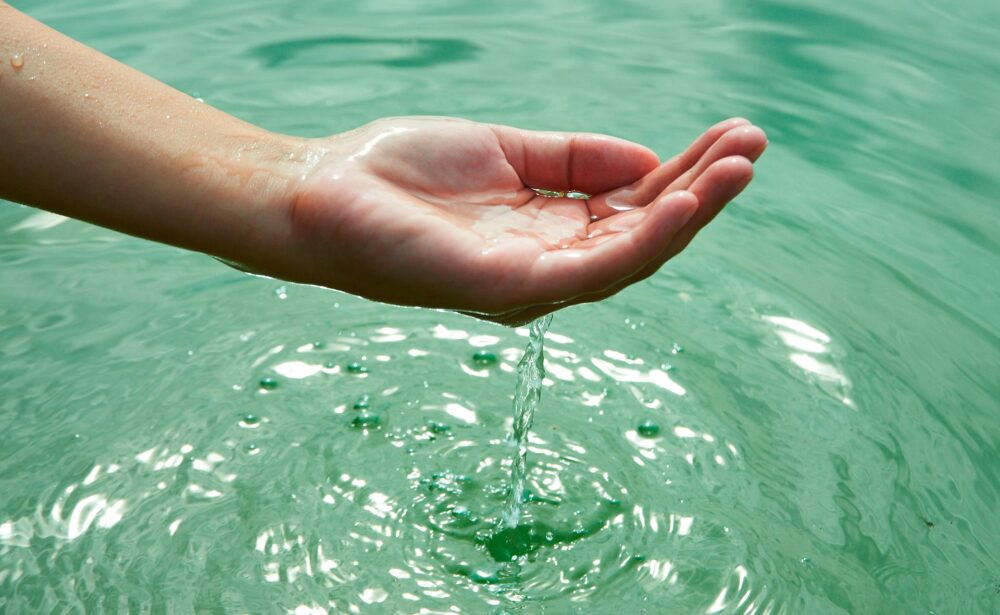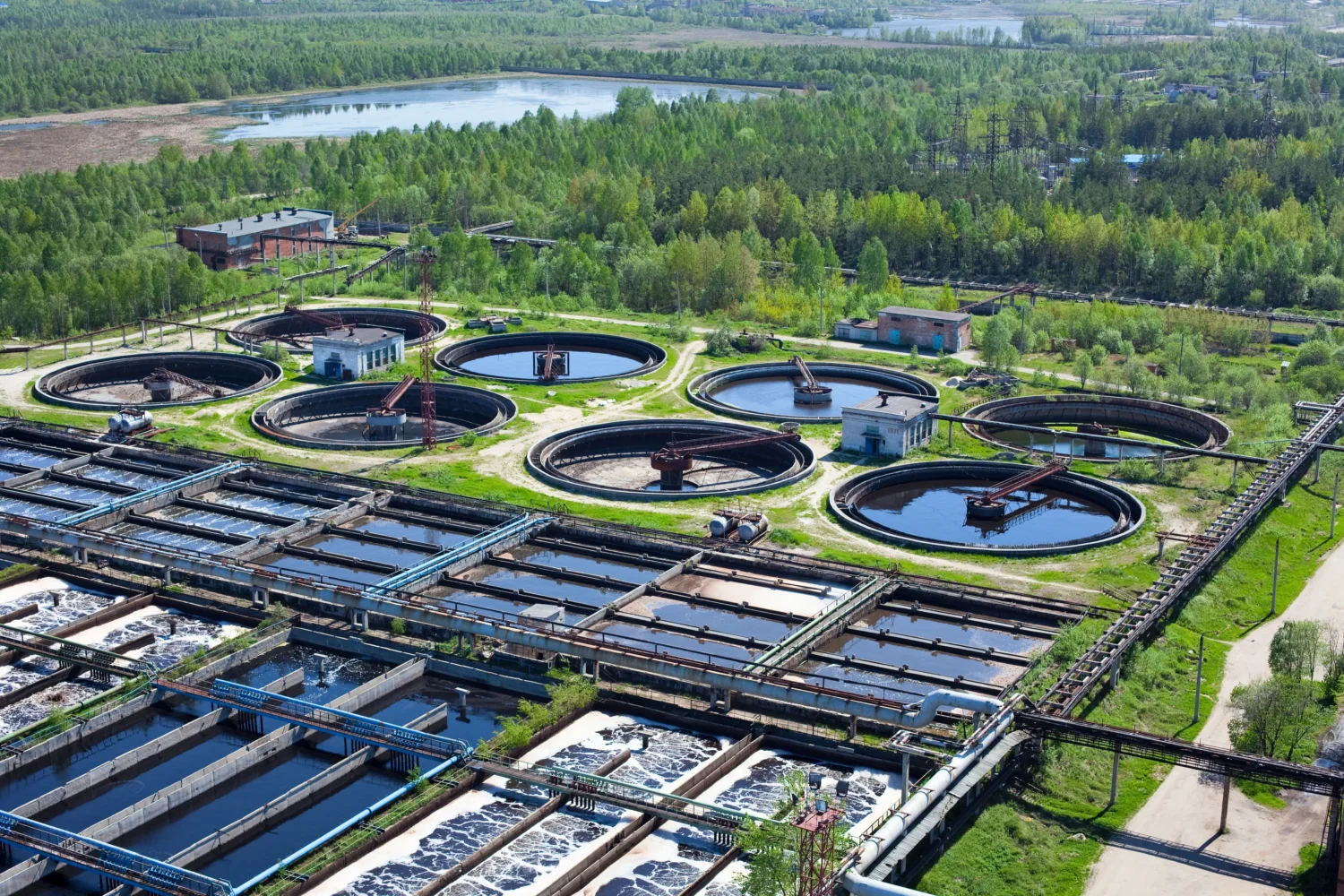Water is a daily essential that is significant for survival. The need for water is essential for performing daily activities and the operation of numerous industries. With time, the quality is degrading and it is becoming more difficult to access good quality water for drinking and other essential activities. Taking precautionary measures for water treatment is significant to maintain the availability of good quality water.
Unfortunately, because of numerous quality problems, not all water sources are safe for use or consumption. These problems, which can range from biological impurities to chemical contaminants, can negatively impact human health and the environment. Luckily, water treatment is a practical method for addressing these problems and guaranteeing safety and health. This article will illustrate the major water quality issues and treatment plans to improve the quality.
Major Issues Affecting the Quality of Water

1. Untreated Sewage
One of the most common issues affecting the quality of water is untreated sewers in both rural and urban areas. Most people tend to dump their waste in the sewage which is the primary reason for the degradation in the quality of water. The sewage systems are often connected to rivers which makes it difficult to access drinking water from rivers.
The level of contamination is so high making the treatment process much more difficult. Additionally, many factories also dump their production waste in sewage, and as a result sources of water including rivers get polluted. A proper treatment system must be installed in sewages to prevent contaminated water from reaching rivers and other water bodies.
If you are looking for professional plumbing services, visit this website for water treatment services and avail yourself of good quality drinking water for both commercial and industrial purposes.
2. Bacteria and Viruses
The quality of water is also significantly affected by bacteria and viruses which are commonly found in many water bodies. The presence of such bacteria and viruses can have critical effects on health including diarrhea, cold, flu, and other infectious diseases. This is typically due to inadequacy in using proper methods in treatment methods before providing water for commercial use.
There are a few treatments procedure that deals with removing and killing contaminants from the water. Additionally, it ensures your safety, and installing water purifiers at home and workplaces is of utmost significance to avail of good quality drinkable water. Therefore, to ensure quality drinking water, it must be treated properly so that harmful bacteria and viruses are eliminated.
3. Pesticides and Other Chemicals
Another major issue that affects the quality of water arises from pesticides and other chemical sources from the agricultural and industrial sectors. The pesticides and chemicals used to promote the growth of plants and water often gets mixed with the groundwater which is a major source of fresh water.
This contaminates the groundwater which can degrade the quality and make it contaminated. Additionally, this can result in severe effects on health that can even lead to reproductive and neurological damage. Proper water treatment methods must be adopted to treat the water from pesticides and other chemicals used in agricultural activities.
Ways Water Treatment Can Help to Increase Water Quality

Source:pinterest.com
1. Installation of Water Treatment Plants in Sewage
The installation of water treatment plants in sewage systems will prevent contaminated water from getting mixed in rivers. This will prevent water bodies from impurities and waste materials that are caused by dumping waste in the sewages.
This will from any visible waste materials and impurities and the level of contamination can be prevented by installing treatment plants. If water is treated before releasing it into the river, it will not only improve the quality but will also promote environmental sustainability and will also create less impact on the lives of aquatic animals.
Wellhead valves, often located at the source of water extraction, are vital components in preventing water contamination right from the beginning of the supply chain. These valves serve as the first line of defense against potential pollutants, ensuring that water from underground sources remains uncontaminated. By incorporating robust wellhead valves into water extraction systems, we can significantly reduce the risk of introducing impurities and contaminants into our water supply. To learn more about wellhead valves you will need to check a few good sources to know which one to select.
2. Removal of Bacteria and Viruses
The removal of bacteria and viruses is significant in improving the quality of water. The treatment process to make water free from any contaminants involve chlorination, ozonation, and ultraviolet treatment methods that destroy most of the bacteria and viruses in water.
However, there are good bacteria that are present in water but using these treatment procedures, most of the bacteria are eliminated. Eliminating bacteria and viruses in water ensures the availability of good quality water safe for drinking and other commercial uses.
3. Purification from Pesticides and Other Chemicals
The presence of pesticides and other chemicals is also a major reason that affects the quality of water. Pesticides and chemicals that are used in the agricultural process can contaminate the groundwater that needs to be treated to make it free from chemicals. In addition, many treatment methods involve the use of chlorine to kill bacteria and viruses.
However, excessive use of chlorine and other disinfectants can be harmful to health and can affect the taste and odor of the water. Removal of these chemicals is a critical aspect to improve the accessibility of good quality drinking water.
4. Maintaining pH Levels and, Taste and Odor
Water treatment plants are also crucial in maintaining the pH levels, and taste and odor that are affected at the time of purification of water. Traditional methods of treating water involve the use of chemicals like chlorine that can affect the taste and odor of water and can often make the water acidic.
Having water purifiers installed at homes can increase water quality and will maintain the pH levels making it safe for drinking. Additionally, the use of an activated carbon filtration system can eliminate any unpleasant odor and taste from drinking water.

Source: bbva.com
The Bottom-line
In conclusion, water quality has a significant impact on people’s health, the environment, and general well-being. It is imperative to address common water quality issues with efficient water treatment techniques since pollutants, impurities, and chemicals can have a major negative impact on health.
Processes for treating water can assist in removing pollutants, impurities, and chemicals, balancing pH levels, and getting rid of offensive tastes and odors. People must place a high priority on the need for clean water and endeavor to improve water quality for the benefit of both the current and the next generation.


















